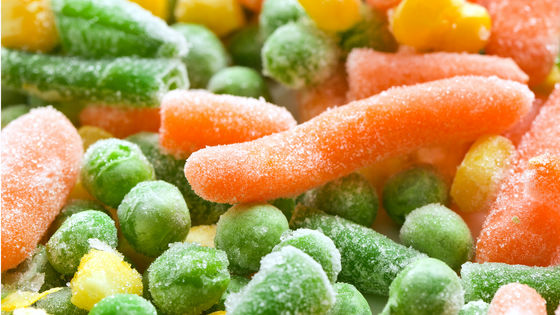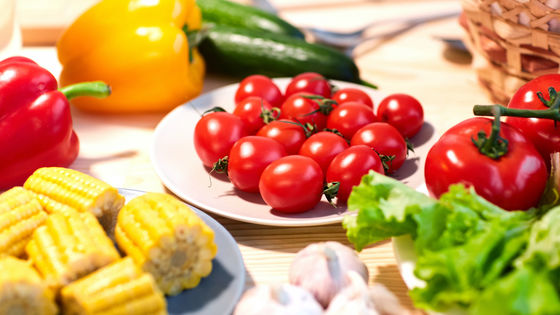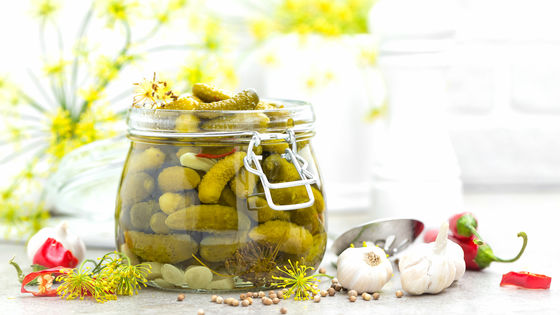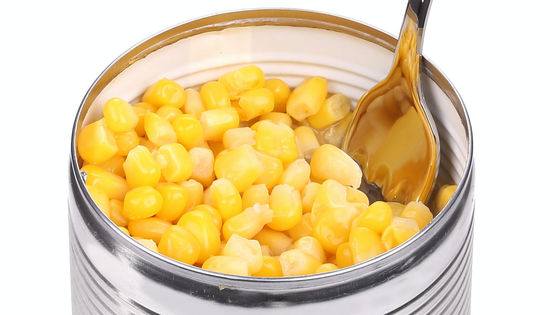How to preserve the nutrition of raw vegetables for a long time?

It is recommended that you consume
Frozen, canned or fermented: when you can't shop often for fresh vegetables, what are the best alternatives?
https://theconversation.com/frozen-canned-or-fermented-when-you-cant-shop-often-for-fresh-vegetables-what-are-the-best-alternatives-131678
◆ Frozen vegetables
The shelf life of raw vegetables is generally as short as about 3 to 14 days even in refrigerated conditions, and as the days go by, nutrition is impaired. On the other hand, research has shown that frozen vegetables can be stored for one month to nearly a year and can maintain nutrition such as vitamin B1 , vitamin B2 , and niacin (PDF file) .
However, some nutrients can be reduced by freezing. One study found that vitamin C in vegetables such as peppers, carrots, parsley, and spinach can be damaged by freezing.

Freezing vegetables not only compromises nutrition, but can also affect the texture after thawing. For example,
If you want to freeze the vegetables at home, choose the one of the season without a fresh bruise, short time heating to cool immediately from the blanching it is recommended to be frozen after performing a process of. Blanching and then freezing preserves color, flavor and nutrition .
When freezing tomatoes, pumpkins, and corn, it is recommended that they be frozen without blanching.

◆ Fermented vegetables
By fermenting vegetables, the shelf life can be extended to one to five years. Fermented vegetables such as pickles, kimchi, and sauerkraut naturally contain not only the nutrition of vegetables but also abundant microorganisms and
Probiotics convert carbohydrates in vegetables into alcohol and acids and use them as natural preservatives. Probiotics also help digest starch and protein and are rich in antioxidants . Adding ginger, pepper, garlic, etc. to fermented foods as a taste accent can also add nutrition.

◆ Canned vegetables
Vegetables can also be stored in cans, extending the shelf life to one to five years.

Related Posts:
in Junk Food, Posted by darkhorse_log







